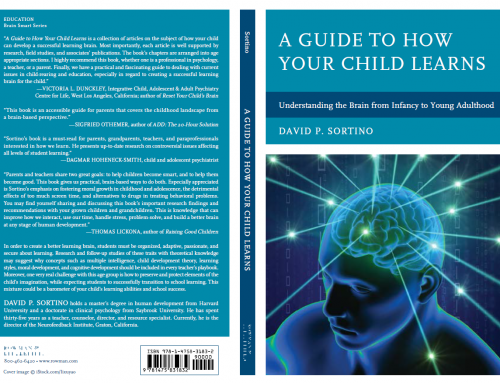A serious dilemma facing today’s teachers and parents is the negative effect electronic gadgets is having on our children’s learning potential and/or ability to focus in school.
In short, this lack of focus might be directly attributed to our brains’ need for novelty. In other words, our brain, as a novelty seeker, constantly scans environments for new stimulation.
Brain scientists discovered that novelty causes a number of brain systems to become activated, and foremost among these is the chemical, dopamine.
The research shows that dopamine is more like the gimme more neurotransmitter (Poldrack, 2009). It is very addictive, causing your student’s consequent inability to focus in school. Of course, this addiction to the dopamine hit affects your child’s learning potential and memory consolidation. Studies show that teens spend over 17 hours a week on the Internet, 14 hours a week watching TV, as well as countless hours on the cellphone (Guteri, 2003)
The problem is even more pernicious when you begin to examine how the brain learns and retains information, especially when it comes to school and memory consolidation. Working memory occurs in many shapes and sizes.
In the classroom, an adolescent’s working memory lasts for about 20 minutes, the maximum prime time that most adolescent brains can assimilate information (Sousa, 2006). There will be a down time of about 10 minutes and then another 20 minutes of prime time. The problem with working memory and today’s learner is that when the brain is conditioned by novelty-seeking electronic devices, working memory and/or memory consolidation can be reduced and compromised.
For information to be converted from working memory to long-term memory there must be a period when significant emotional content (limbic system) and cognition (cerebral cortex) operate simultaneously.
In a school learning situation, when the child’s brain is asked to acquire information, the need for novelty seeking takes over and can shut down working memory in a way that limits his ability to transfer information to long-term storage. The statement that parents and teachers hear so often from students, I’m bored, could be the child’s novelty-seeking brain speaking.
Another problem created by our novelty-seeking brain and electronics occurs with sleep.
The adolescent’s fixation with electronics often causes some students to interact with electronics into the early morning hours which short changes REM sleep. Therefore, for effective school learning to be converted from working memory to long-term memory, the adolescent needs 6 REM cycles per night (children and adults need one less hour).
However, when students are deprived of sleep, they are not only limiting REM sleep and memory consolidation, but worse, making themselves vulnerable to a serious disorder called sleep deficit syndrome.
Lastly, when the brain is conditioned to novelty-seeking attractions, the end result can be children who never truly focus (intensely) on one or two particular interests, but instead, on several, in order to keep the novelty seeking brain satisfied. Also, when the brain is conditioned to novelty-seeking attractions, there can also be a strong need for students to seek other forms of novelty-seeking attractions such as drugs, which is why stimulants and poor diet can be so harmful to our children’s ability to focus and learn.
Years ago, novelty-seeking was more grounded. Life moved slowly. We spent our time reading books rather than attached to electronics, or taking walks in nature instead of lying on the couch watching TV or scanning Facebook.
Bottom line — our children’s brains needs time away from electronics.
Daily meditation, reading, nature walks, knitting etc. are essential to control the brain powerful need toward novelty-seeking attractions.
Dr. David Sortino, a psychologist and current Director of Educational Strategies, a private consulting company catering to teachers, parents, students.
To contact Dr. Sortino, e-mail davidsortino@comcast or go to his blog: davidsortino.com.


